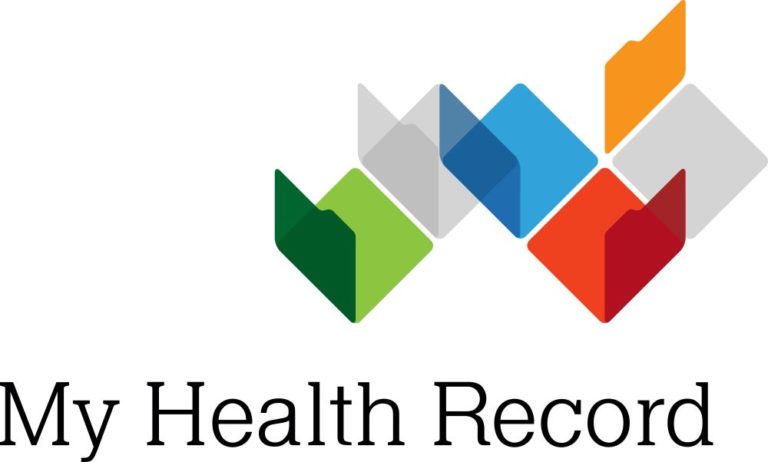[vc_row][vc_column][vc_column_text]It seems like a week doesn’t go by when healthcare costs aren’t the front of the news. Late last week the Consumer Health Forum of Australia released its national survey of out-of-pocket costs from some 1,200 patients. It highlights that specialist fees and critical services are becoming unaffordable to Australians raising further pressure on the private health insurance and the private health system more broadly.
The survey report Out of Pocket Pain and a companion report Hear Our Pain containing scores of personal stories of people’s experience with treatment costs.
“The responses to the survey give a disturbing insight into the high costs of medical care and challenge the notion that everyone can access the care they need in Australia,” the CEO of the Consumers Health Forum Leanne Wells, said
“We have heard from pensioners and single mothers who have foregone recommended care because of cost, from many people exasperated to find that the insurance they have held for many years will not cover gaps of thousands of dollars, from patients who learn belatedly of unexpected extra costs for junior surgeons, anaesthetists and MRI scans, and from people who have had to call for special access to their superannuation funds to cover the bill.” Leanne Wells, said
Among key results of the survey are:
- More than a quarter of respondents treated for breast cancer incurred out of pocket costs of more than $10,000;
- More than a third of respondents with chronic conditions like multiple sclerosis reported out of pocket costs of more than $10,000;
- One in six respondents said that out of pocket costs had a significant impact on their lives;
- A frequently-expressed view that using private health insurance would expose people to more costs; and
- A third of respondents said the out of pocket costs were not explained to them before treatment.
This comes as the second meeting of the Ministerial Advisory Committee on Out-of-Pocket Costs, chaired by Australia’s Chief Medical Officer, Professor Brendan Murphy recently took place.
The meeting was attended by the Minister for Health, the Hon Greg Hunt MP who reinforced that a healthy and stable private health insurance system is essential for the stability of Australia’s overall health care system.
Minister Hunt spoke about the Government’s commitment to work with the stakeholders to address community concerns around large unexpected out-of-pocket costs and the need for a transparent model to ensure consumers have the ability to make an informed decision on their medical treatment.
Breast Cancer Network Australia CEO Kirsten Pilatti said: “BCNA has been outraged by a number of our members reporting extreme variations in out of pocket costs. Only full disclosure will ensure consumers can make the right choice for themselves.”
The CEO of CHOICE, Alan Kirkland said: “It can be completely perplexing and sometimes impossible for patients in need of surgery to work out how much they will be out of pocket. What’s worse, this often occurs when you are at your most vulnerable and least able to bargain over costs.”
“It’s not surprising that so many patients have reported significant out-of-pocket medical costs, even when they have private health insurance, Australian Healthcare and Hospitals Association (AHHA) Chief Executive Alison Verhoeven said.
“As the private healthcare system, its out-of-pocket costs and increasing confusion continue to run away from us, we reiterate our own call for a Productivity Commission review of the health system, including an appropriate and affordable balance between private and public healthcare that is patient-centred rather than provider-centred.”
Rachel David from Private Healthcare Australia said: “While we can’t discount the very real concerns reported to the CHF, we need to be very careful about drawing conclusions about the extent of the problem from a survey that essentially solicits complaints.”
PulseLine will be interested to see if the Government’s forthcoming private health reforms deliver the much-needed transparency for consumers and puts downwards pressure on healthcare costs. Reform in healthcare is clearly a hot issue and will continue to be as we hurtle towards the next Federal election in the first half of 2019.[/vc_column_text][/vc_column][/vc_row]




